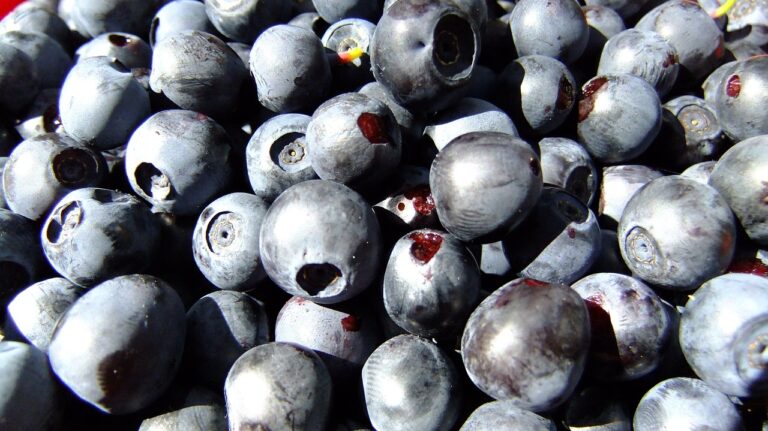The Impact of Nutrition on Athletic Performance
Adequate nutrition plays a crucial role in enhancing physical endurance for athletes. Consuming a well-balanced diet rich in nutrients provides the necessary energy for the body to perform at its best during prolonged exercise or strenuous activities. Carbohydrates are the primary source of fuel for endurance athletes, as they are easily converted into energy to sustain prolonged physical exertion.
In addition to carbohydrates, protein is essential for muscle repair and growth, both of which are crucial for improving physical endurance. Including lean sources of protein in the diet, such as chicken, eggs, or nuts, can support the body in recovering from intense workouts and building muscle mass. Furthermore, healthy fats are also important for endurance athletes, as they provide a concentrated source of energy and aid in nutrient absorption.
Fueling the Body for Optimal Performance
Athletes need to pay close attention to their nutritional intake in order to optimize their performance on the field or in the gym. Proper fueling of the body is essential for sustaining energy levels, enhancing endurance, and promoting recovery after strenuous physical activity.
Carbohydrates play a crucial role in providing the necessary energy for athletic performance. They are the body’s primary fuel source during high-intensity exercise and are stored in the muscles and liver as glycogen. Athletes should focus on consuming a balanced diet that includes complex carbohydrates such as whole grains, fruits, and vegetables to replenish glycogen stores and support prolonged physical exertion. Adequate protein intake is also essential for muscle repair and growth, as well as for supporting the immune system during periods of intense training.
• Carbohydrates are essential for providing energy during high-intensity exercise
• Complex carbohydrates like whole grains, fruits, and vegetables help replenish glycogen stores
• Adequate protein intake is crucial for muscle repair and growth
Athletes should also prioritize hydration to maintain optimal performance. Water is vital for regulating body temperature, transporting nutrients, and removing waste products from the body. Dehydration can lead to decreased athletic performance, fatigue, and an increased risk of injury. Athletes should aim to drink water consistently throughout the day and pay attention to their fluid intake before, during, and after workouts or competitions.
• Hydration is important for regulating body temperature
• Dehydration can lead to decreased athletic performance
• Athletes should drink water consistently throughout the day
The Role of Macronutrients in Athletic Success
Proper nutrition plays a crucial role in maximizing athletic performance. When it comes to fueling the body for optimal success, the three macronutrients – carbohydrates, proteins, and fats – are essential components to consider. Carbohydrates serve as the primary source of energy for the muscles, especially during high-intensity workouts or endurance activities.
In addition to carbohydrates, proteins are vital for repairing and rebuilding muscle tissue that is damaged during exercise. Athletes often require higher protein intake to support muscle recovery and growth. Fats, while commonly misunderstood, are also important for sustained energy levels and overall health. Including a balance of all three macronutrients in the diet is key to achieving athletic success.
What are macronutrients?
Macronutrients are the three main components of a balanced diet that provide energy to the body. These include carbohydrates, proteins, and fats.
How do macronutrients affect athletic performance?
Macronutrients play a crucial role in fueling the body for optimal performance during physical activity. Carbohydrates provide quick energy, proteins aid in muscle repair and growth, and fats are essential for long-lasting energy.
How can athletes ensure they are getting the right balance of macronutrients?
Athletes should focus on consuming a balanced diet that includes a variety of foods rich in carbohydrates, proteins, and healthy fats. Consulting with a sports nutritionist can help determine the specific macronutrient needs for individual athletes.
What are some examples of good sources of carbohydrates for athletes?
Good sources of carbohydrates for athletes include whole grains, fruits, vegetables, and legumes. These foods provide a steady source of energy for physical endurance.
How much protein should athletes consume in their diet?
The amount of protein needed for athletes can vary depending on their activity level and training goals. Generally, athletes should aim to consume 1.2 to 2.0 grams of protein per kilogram of body weight per day.
Are fats important for athletic performance?
Yes, fats are an important source of energy for endurance athletes. Healthy fats, such as those found in avocados, nuts, and olive oil, can help sustain energy levels during prolonged physical activity.






